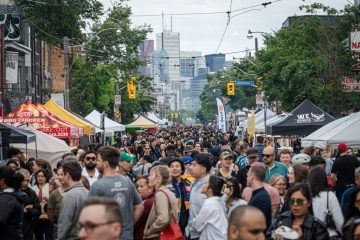Understanding Iftar: A Key Tradition in Ramadan

What is Iftar?
Iftar is the meal consumed by Muslims at sunset to break their fast during the holy month of Ramadan. It occurs daily throughout the month and is a time for families, friends, and communities to come together, reflecting the deep social and spiritual ties fostered by this tradition.
The Significance of Iftar
The importance of Iftar goes beyond merely satisfying hunger. It serves as a moment of gratitude and reflection, allowing individuals to acknowledge their blessings and share with those less fortunate. Traditionally, the fast is broken with dates and water, in emulation of the practices of the Prophet Muhammad. After the initial break, a larger meal follows, which may include various local dishes, depending on cultural customs.
Community and Charity
Iftar provides an excellent opportunity for charitable giving (Sadaqah) and communal engagement. Many mosques and community centers host free Iftar events, welcoming everyone regardless of their faith or background. These gatherings foster unity and understanding among different communities and highlight the Ramadan spirit of compassion and generosity.
Current Trends and Innovations
This year, many communities are embracing innovative ways to celebrate Iftar, particularly as pandemic restrictions have eased globally. Outdoor community Iftars have become increasingly popular, allowing larger gatherings while maintaining social distancing where necessary. Additionally, local businesses are adapting their offerings, providing special Iftar menus and meal kits to cater to families, enhancing the communal experience.
Conclusion
Iftar is much more than just a meal; it is a cherished tradition that embodies the spirit of Ramadan. As Muslims around the world gather to break their fasts, they not only nourish their bodies but also strengthen their bonds with family, friends, and their communities. As this tradition continues to evolve, its core values of reflection, charity, and togetherness remain ever relevant and significant, reinforcing the inclusive message of Ramadan.









